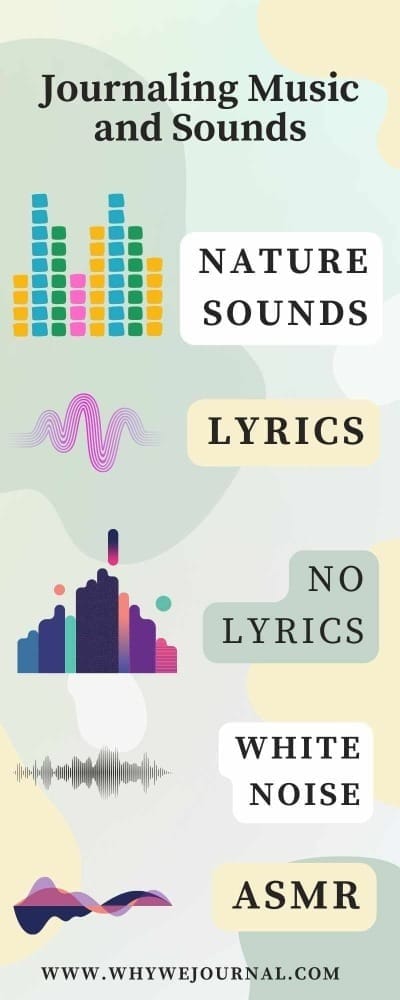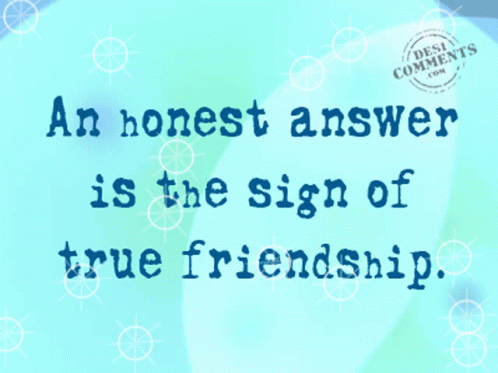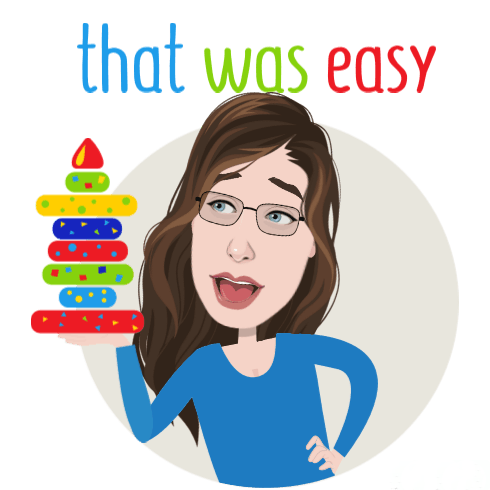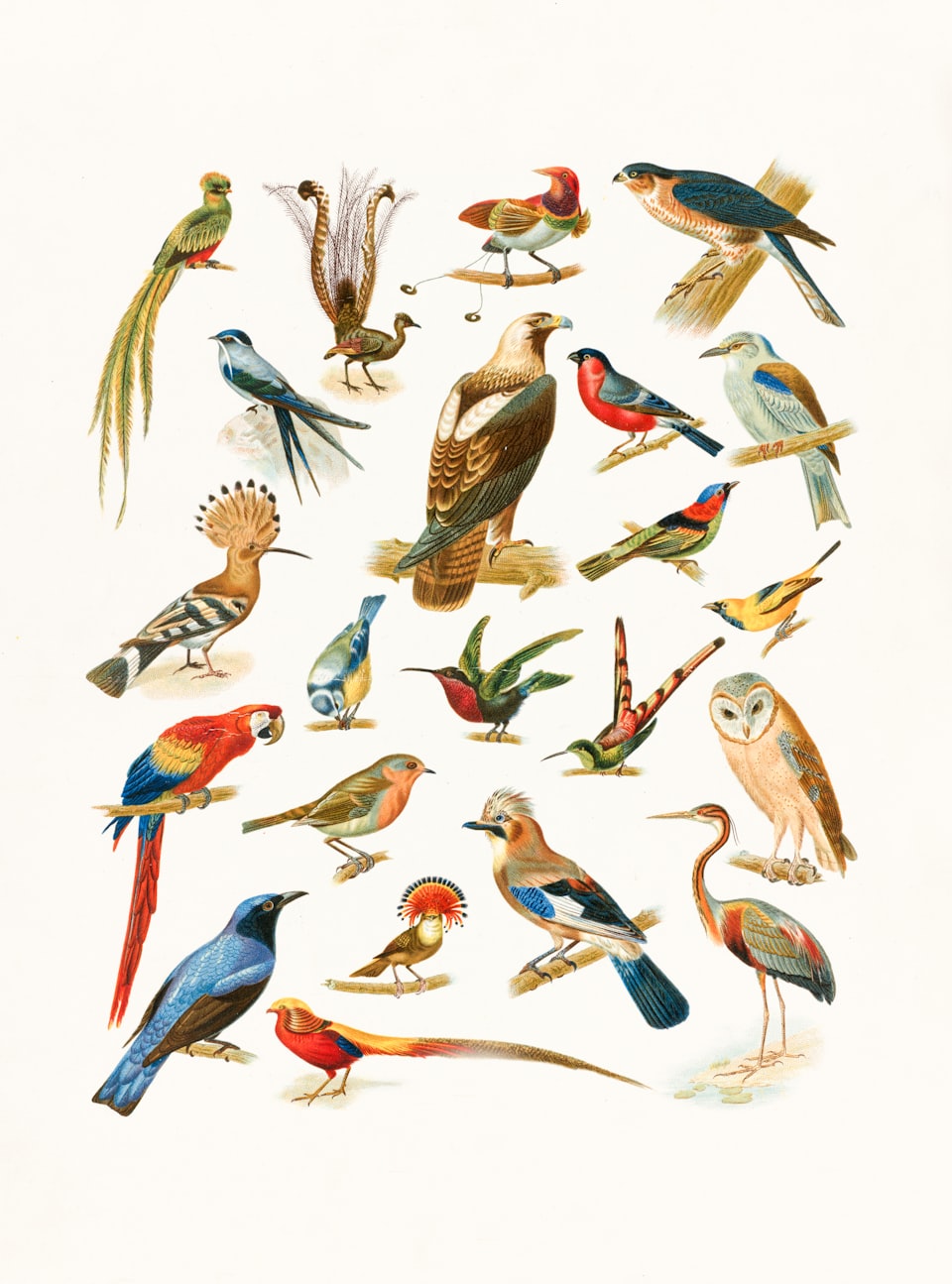Music and Journaling Benefits
Some people journal in silence. Others journal with sound in the background. 🎶 If you're curious about journaling with music or background sound, the potential benefits, or maybe just looking for the validation that it's a real thing, this blog post is for you.

Hello Fellow Journalers!🖊️📖
Some people journal in silence. Others journal with sound in the background. 🎶
If you're curious about journaling with music or background sound, the potential benefits, or maybe just looking for the validation that it's a real thing, this blog post is for you.

Music (noun):
a: vocal, instrumental, or mechanical sounds having rhythm, melody, or harmony.
b: the science or art of ordering tones or sounds in succession, in combination, and in temporal relationships to produce a composition having unity and continuity. (1)
Journaling to music or background noise is similar to when other people work to music or background noise. All those people in coffee shops typing away, workers with earbuds, drivers with preferred radio channels, and yes, even surgeons work to music. (2) My subjective opinion, is that journaling to music can be beneficial. But I also like some science, so let's explore together.
I first reached out to therapist Niloufar Esmaeilpour, on the benefits of using music when journaling:
Incorporating music into journaling can enhance the therapeutic benefits of both practices by creating a supportive ambiance that encourages reflection and emotional expression. You can select music that resonates with your current mood or desired emotional state to listen to while journaling, creating a background that enhances your focus and introspection. The benefits include improved mood, reduced stress, and enhanced self-awareness as music can influence emotions and journaling provides a means for processing those emotions.
-Niloufar Esmaeilpour, MSc, RCC, SEP from Lotus Therapy & Counselling Centre.
Music influencing your mood? What a great starting point.

Amplify Mood
Have you ever felt yourself move your body to an upbeat song? Maybe your thoughts became in tune with the music you were listening too? There's research behind this common experience. One study proved that your preferred genre of music can affect your mood positively, while another proved that upbeat music increases happiness when compared to neutral music. (3, 4)
Focus
When it comes to music and improving focus, study outcomes are mixed. It's important to know your preference of background noise and whether or not it helps you. The impact on focus from music varies as the music itself can differ on tempo, lyrics, volume, and genre.
One study found that when compared to silence or unfamiliar music, classical music with a calming melody improved performance of proofreading tasks. Another showed no improvement, while yet another showed impaired performance when it came to reading. (5, 6, 7)
Aren't I supposed to always tell you what's good about something?

I'd like to think we're at least journal-friends, and so in that spirit, music may be fun. It may help your focus and bring an added layer of enjoyment while you type away your memoir while vibing to lo-fi.
Or it may distract or do nothing.
Enhance Creativity
Music can increase ideas and what is called, divergent thinking aka brainstorming. (Divergent thinking is actually so much more than brainstorming, but let's keep it simple.) One of my favorite studies on upbeat music was with university student participants, and concluded that "happy" music, might lead to increased quantity of ideas. Can this be a potential cure for writer's block? (8, 9)
One cool finding on instrumental music, is that it engages the right-side of the brain that is typically thought to be more dominant when it comes to creative thinking. (10)

Mind-Body-Soul Connection
Music can cultivate a state of mindfulness while journaling. This increased focus helps with self-awareness, and tackling some hard emotional states. One way this occurs is by activating the parasympathetic nervous system (PNS). This is the lesser known pathway, sister to the fight-or-flight sympathetic system that is closely associated with times of survival and vigilance against threats. Remember the PNS like this: rest-and-digest. This system allows your brain to slow down. There's studies proving music reduces stress and anxiety. But how does one get there? Breath deep, focus on the present moment, and allow yourself to feel calm over the chaos. (11, 12, 13)
Need some music channels to browse now that I've convinced you of all the benefits? Look at these:




Now let's listen to some:

-A Very Enthusiastic Journaler
P.S. If you've made it this far, please consider signing up for the monthly 311 newsletter. Want a preview? Head here.
Stay connected with me on LinkedIn, Pinterest, Instagram, and Facebook.
Follow and Review on Amazon, GoodReads, and StoryGraph.
Share and See all my social channels.
P.P.S. Are you a creator, blogger, writer, or just want to collaborate? Head here.

Citations
- Merriam-Webster. (n.d.). Music definition & meaning. Merriam-Webster. https://www.merriam-webster.com/dictionary/music?utm_campaign=sd&utm_medium=serp&utm_source=jsonld
- Koenig, T., Becker, J., & Beelmann, A. (2005). The influence of music on anxiety in the operating room: A systematic review. Anesthesia & Analgesia, 101(3), 823-830. https://aornjournal.onlinelibrary.wiley.com/doi/10.1016/S0001-2092%2806%2961207-6
- Saarikallio, S., & Lindstrom, K. M. (2010). Music and emotion: Effects of music on self-reported emotions and emotional states in adults with no musical training. Psychology of Music, 38(3), 326-341.
- Alladi-Sastry, A., & Inzlicht, M. (2013). Upbeat music promotes approach goals and prosociality. Emotion, 13(4), 709-715.
- Blood, A. J., & Zatorre, R. J. (2004). The effect of musical expertise on attention to melodic contour. NeuroImage, 23(3), 899-906.
- Williamson, V. J., Stewart, N. T., Norton, A., Bailey, J., & Inman-Wood, L. (2010). Music, memory and cognitive function in healthy older adults. Age and Ageing, 39(2), 257-264.
- Szabo, A., Kocsis, Z., & Solymosi, P. (2017). Music listening impairs reading comprehension for children and adults. Frontiers in Psychology, 8, 1251.
- Ritter, S. M., & Ferguson, E. J. (2017). Happy music makes you more creative: Listening to happy music facilitates divergent thinking. Frontiers in Psychology, 8, 1443.
- Adaman, F., & Blaney, J. (2010). The influence of music on creative problem-solving in a business context. International Journal of Innovation and Creativity in Education, 1(2), 189-207.
- Patel, A. D. (2008). The Mozart effect: The science of listening and learning. Oxford University Press.
- Vago, D. R., & Silberstein, S. D. (2012). A Companion to Mindfulness. John Wiley & Sons.
- Wang, C., Berger, D. T., & Thayer, J. F. (2016). The psychophysiology of mindfulness meditation: A network approach. Current Opinion in Psychology, 10, 113-119.
- Bieleninik, M., Cichocka, A., & Szabo, A. (2011). Does listening to preferred music reduce cortisol level in healthy young adults? Folia Neurobiologica, 49(4), 232-238.




